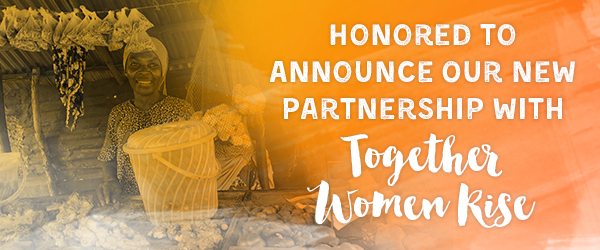Name
| Jescah Sarange Choi |
Age
41
What Pangea Women’s Network Cooperative are you apart of?
Angaza Women Group
Tell us about yourself
| I am 41 years old, mother of 3 children. I am a businesswoman who owns a tailoring business in the Rongai area of Kajiado County. She has been running the business for close to 6 years now. Other than tailoring, she has previously tried her hand in other businesses such as grocery shop, milk vending as well as supplying avocados. |
What are you most proud of?
I am proud of being a skilled dressmaker, a trade that has enabled me to provide for my children’s needs. I believe in the fact that a woman who is economically empowered can make decisions on her own to better her life. Economic dependency amongst many women in Kenya is what makes women stay in abusive relationships that can sometimes be fatal. As much as money is not everything, it at least gives one an upper hand in how they can run their lives. I am happy I joined a group of like-minded women who challenge me to do better in my personal and business life.
What is the most important lesson you’ve learned with The Pangea Network?
How has the COVID-19 pandemic affected your business?
The pandemic greatly affected my business. To start with, restriction in numbers on many gatherings that brought people together such as weddings, graduation, funerals, etc meant more people won’t need new dresses for the occasions, hence the low business. Schools remained closed for a long time, which meant that making uniforms would be a venture for another future date. This meant that I had to rely on the few repair jobs that came my way which is what I did. I tried to supplement income sources by selling milk and eggs. It was not easy but I somehow got by. Since income was not guaranteed, I took a small loan amount so that I would not default in repaying it when the time came to it.
On a positive note, the pandemic taught me that it is good to plan ahead for eventualities such as these. One can take advantage of the high seasons in my type of business and keep the money for use when income is low

